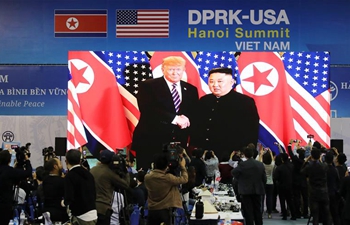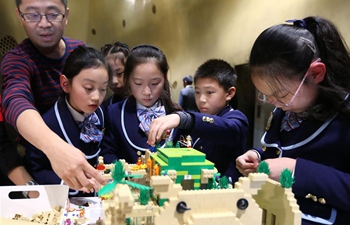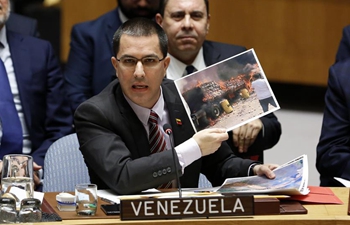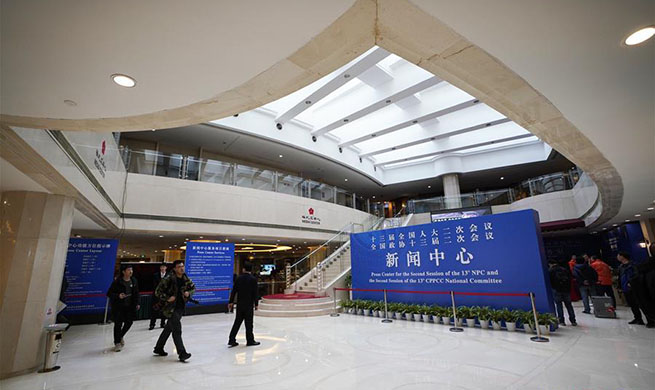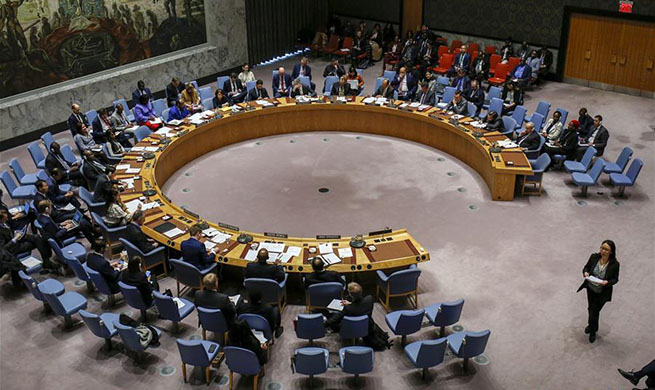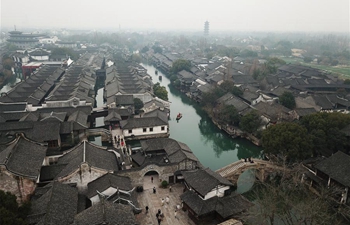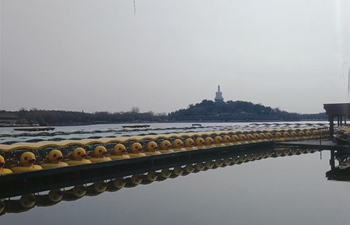HANOI, Feb. 28 (Xinhua) -- Top leader of the Democratic People's Republic of Korea (DPRK) Kim Jong Un and U.S. President Donald Trump abruptly cut short their closely-watched summit here on Thursday without reaching any agreement.
Prior to the second gathering between the two leaders, the two sides had shown optimism over some possible negotiation outcomes, including signing a peace agreement and further denuclearization measures.
The sudden end to the meeting indicates the existence of major differences remaining, including the issue of sanctions on Pyongyang.
Following the premature end to the summit, Trump told the press that the DPRK's vision differs from that of the United States. U.S. Secretary of State Mike Pompeo also said at the occasion that the DPRK is "unprepared" to meet U.S. demands.
The U.S. president said lifting sanctions on the DPRK is the main obstacle for the two sides reaching a much anticipated agreement, and he has no plans so far for another meeting with Kim.
However, no agreement does not mean no progress in Hanoi between the two countries. In fact, the summit itself demonstrated the willingness of both leaders to continue their dialogue. History shows that dialogue is best for resolving seemingly intractable disputes.
The Korean Peninsula nuclear issue has existed for decades. Therefore, patience should be valued as all related parties are struggling to find a final solution to the issue and create a lasting peace in the region. Any expectations that the nuclear conundrum can be figured out overnight is asking too much. It is an arduous process that needs persistent input.
Now that the DPRK and the U.S. delegations have came out of the Hanoi summit with no deal, the first thing the two sides, as well as other parties concerned, should do is not to lose faith in solving the nuclear issue through political means.
Also, the two countries need to keep all possible communication channels open so that they can maintain smooth exchanges in the face of any new problems or even setbacks in their future interactions. That is fundamental to reducing their trust deficit and deepening their mutual understanding.
Ultimately, the United States and the DPRK need to have the political courage to make necessary concessions in a manner that addresses their respective core concerns. That will never be easy. Yet it is the only path to peace.

